
Authentic biographies of martyrs promote brotherhood, tolerance, and moral courage in an era marked by hatred and ideological divisions.
The Lion of Naushera brings to light Brigadier Usman’s forgotten story, showcasing his sacrifice and commitment to India’s pluralist spirit.
By documenting Usman’s life and struggles, the book preserves a diverse historical narrative and challenges efforts to erase minority contributions.
Much-adored martyr narratives of supreme sacrifice for a noble cause perpetuate exclusivity. It unwittingly but inevitably breeds an overwhelming sense of animosity and supremacy. This aside, such acclamatory writings also hold the potential to reignite a spirit of pluralism and cultivate genuine tolerance in an era where hatred threatens to erase every trace of a pluralist ethos. These liberal values promote tolerance everywhere.
Authentic biographies, devoid of rhetoric, are not just narratives. They are beacons of truth that promote brotherhood, inspire united action, and offer profound moral guidance in turbulent times. In a world often devoid of truth and filled with ideological barrenness, the strong commitment to a cause, as demonstrated by martyrs, has become a rarity.
The need for authentic biographies of these martyrs, who showed unwavering commitment to their assigned duties by standing up for what they believed, becomes even more consequential.
These biographies play a crucial role in preserving a diverse historical narrative, especially when a homogenous version of history is gaining currency in India. It is what celebrated author and journalist Ziya Salam and Anand Mishra‘s The Lion of Naushera (The Life and Times of Brigadier Mohammad Usman, Bloomsbury, 2025) aims at. Their recounting, in descriptive and performative words, candidly tells how citizens of India, irrespective of their faith, protected their borders and thwarted the nefarious designs of the country's enemies. This shared history, rooted in pluralism, is what binds us together as a nation.
Unlike Abdul Hameed (better known as Veer Abdul Hameed), Brigadier Usman’s name is barely remembered in public memory. It is the first well-documented biography of Mohammed Usman. At the outset, the authors point out”, We knew little about him except for the fact that he was a hero of the India-Pakistan war in 1948. In times when Muslim heroes are being erased from collective social memory, it seems a good idea to focus on a man who sacrificed his life for India, staving off Pakistan’s advances in Naushera and Jhangar, and retrieve the pluralist ethos of the nation”.
Influenced by absolute patriotism, Brigadier Usman issued a special order before making the supreme sacrifice while recapturing two strategic locations in Jammu and Kashmir, which reads, "The Eyes of the world are on us. The hope and aspirations of our countrymen are based upon our efforts. We must not falter, we must not fail them… To every man upon this earth. Death cometh soon or late. And how can man die better. Than facing fearful odds for the ashes of his fathers. And the temples of his gods. So forward, friends, fearless we go to Jhangar. India, each and every one to do their duty".
Assembled through the memories and fading recollections of the second generation of his family, since Usman never married, and anecdotes of his fellow army men, the book attempts to capture what constitutes the essence of Usman. It does not restrict itself to paying glowing tributes, as it draws a detailed and factual chronology of the events leading to partition and its aftermath. It also zeroes in on the identitarian politics hotly pursued by the right-wing politicians and the role of colonial power in fueling the Hindu-Muslim conflict.
The synoptic narrative intriguingly unfolds Usman‘s story through six laconic parts. The first chapter titled” The Rise of A Hero”, provides insightful glimpses into the personal details, social circumstances, and family values that groomed him. Not much is known about Usman‘s attitude, likes, and dislikes, as nearly eight decades have passed since he sacrificed his life for India.
However, the authors culled books and interviewed those who recalled that Usman had a strong affinity for Sufism. He was known to recite Quranic verses before engaging in combat operations. In his native village, Bibipur, Usman was accessible and available to anyone who might need him on any count. He was also known to be a soft-spoken and courteous individual. This narrative structure keeps the reader engaged and eager to learn more about this unsung hero.
The book sheds light on many previously unknown facts, such as his association with Aligarh Muslim University, which he joined after completing his schooling in Yusufpur. Usman’s determination can be gauged by his vow, which he took when the Indian army briefly lost Jhangar. Usman took a pledge not to use a cot before India could regain the territory from the Pakistan army.
The book points out that he kept his vow by sleeping on a mat despite the bone-chilling sub-zero temperatures. It was corroborated by an official press release which stated,’ Staying true to his vow, he had spent nearly three months on the floor despite temperatures dropping to zero almost every night. With the success of Op Vijay, he redeemed his pledge and asked for a cot to be brought.
The last day of the almost unsung hero is vividly encapsulated, and the authors poignantly recount how media and Bollywood reacted to Usman's supreme sacrifice in the subsequent chapters.
One tends to agree with what has been intriguingly explored in the last chapter. Ziya and Anand did well to craft a gripping narrative around the lion of Naushera, whose name bears testimony to the unwavering loyalty of the most significant minority to India’s secularism. It denotes a pleasant departure from the run-of-the-mill rancour discourse.
Author Shafey Kidwai is Professor and Director, Sirsyed academy, Aligarh Muslim University, Aligarh.






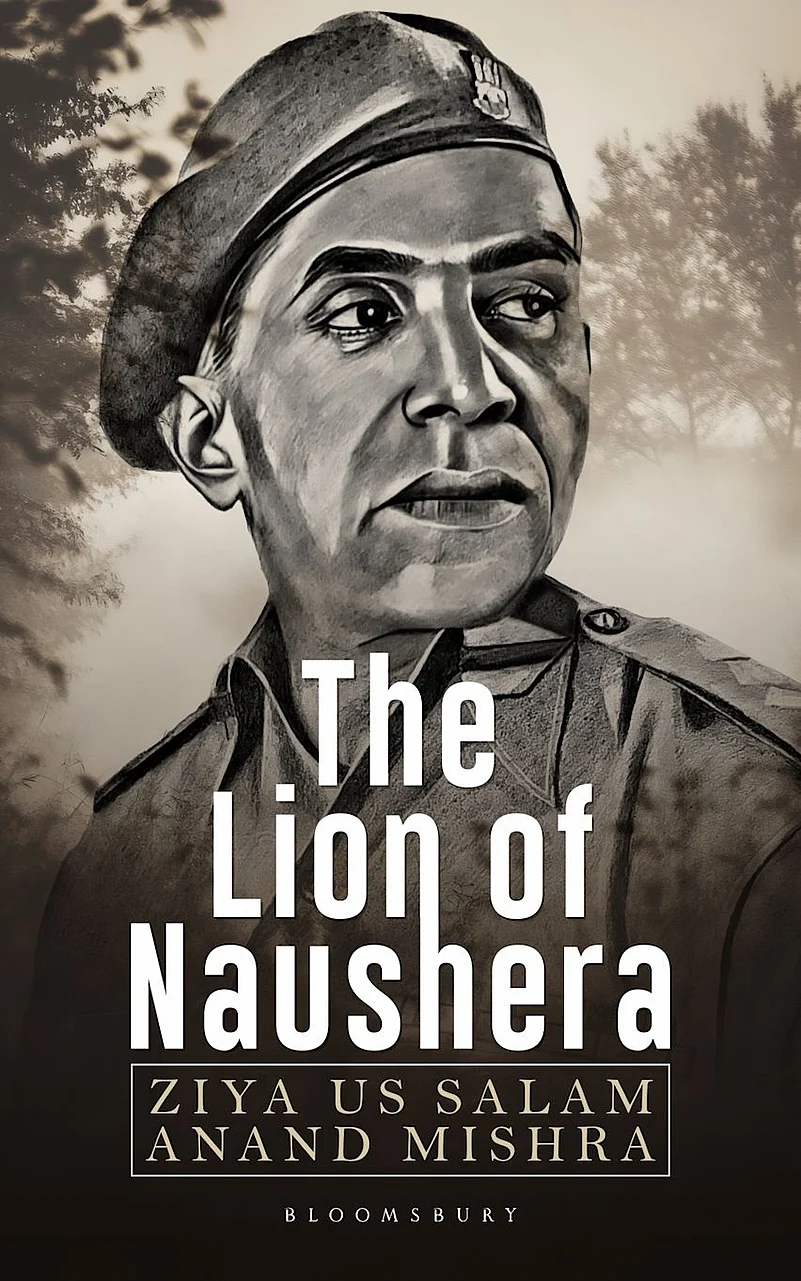

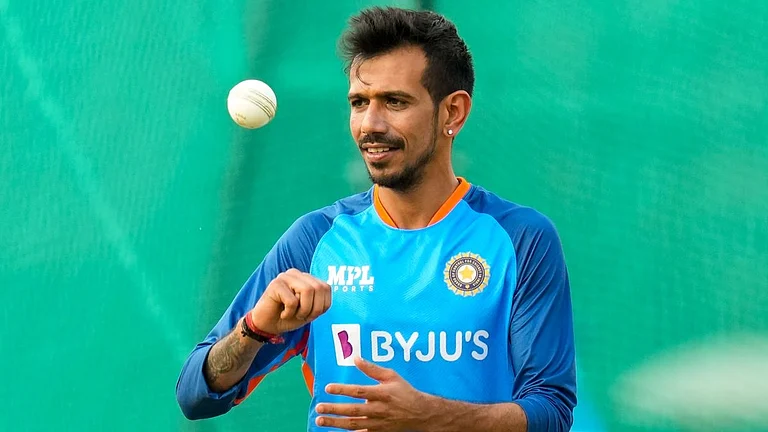
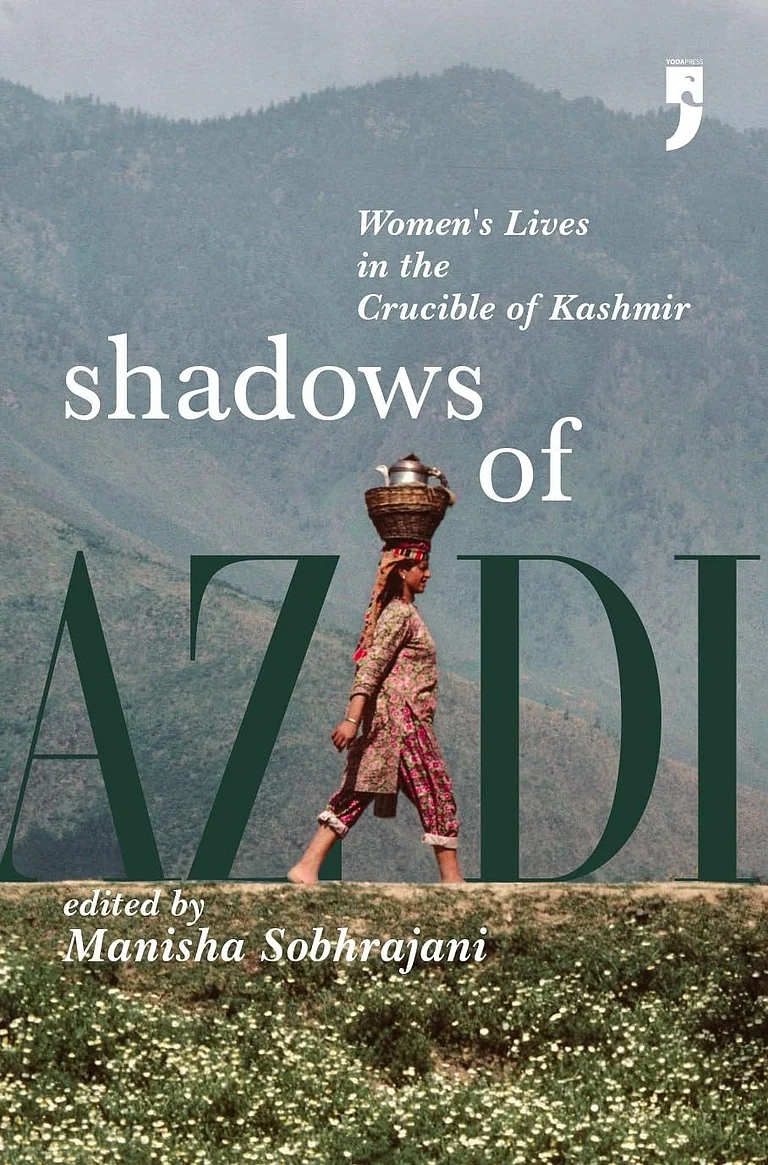
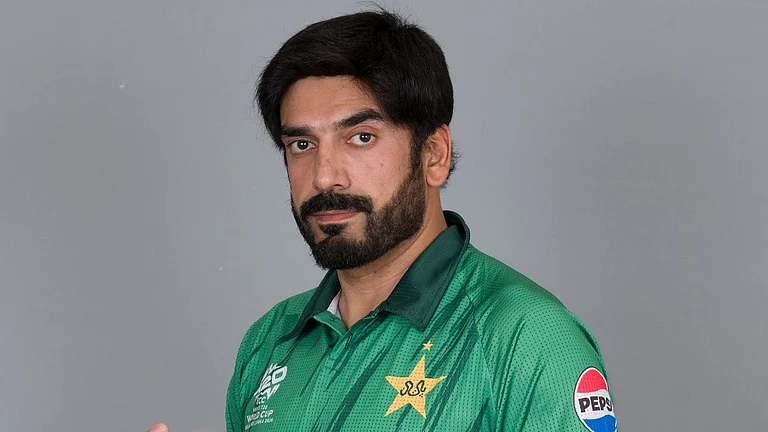


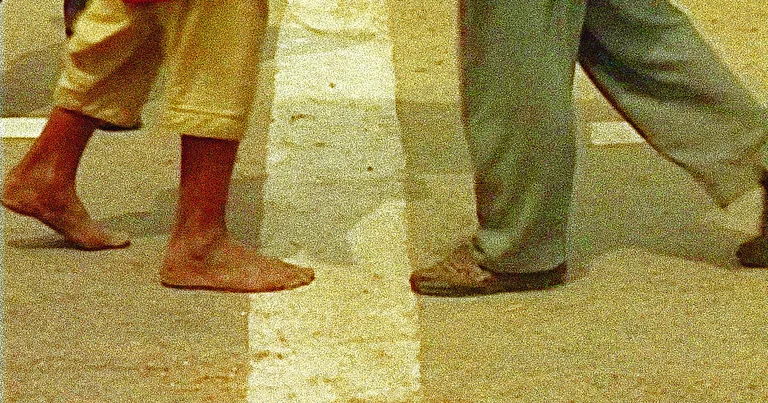







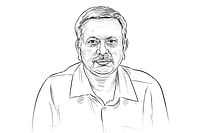


.png?w=200&auto=format%2Ccompress&fit=max)



